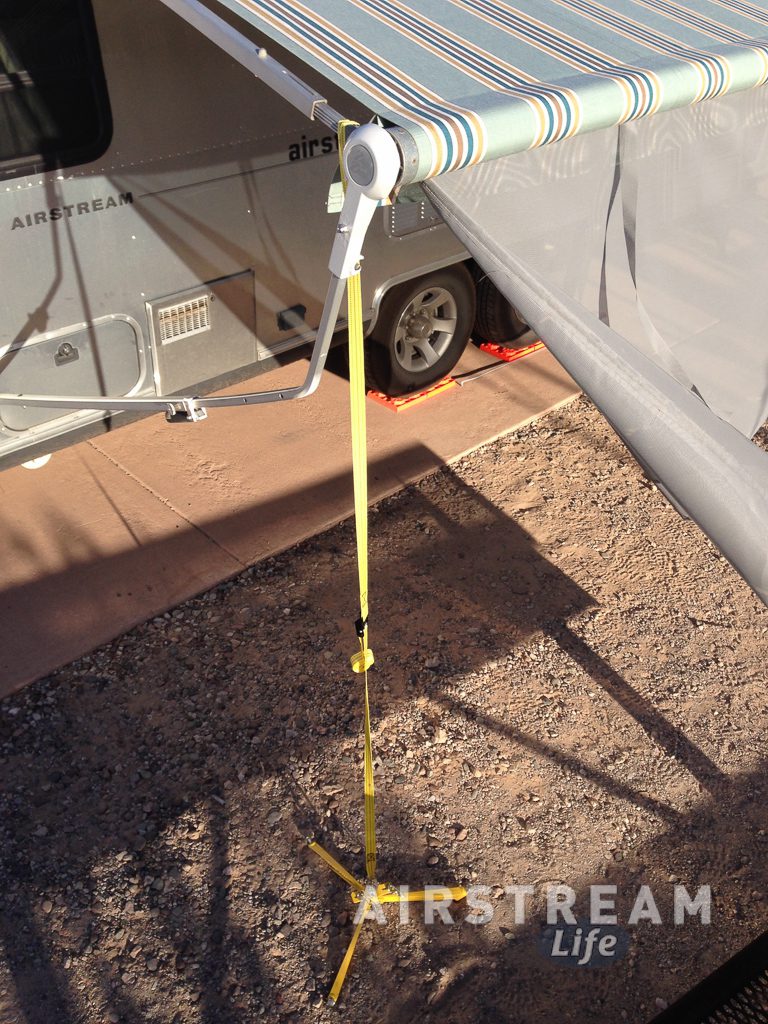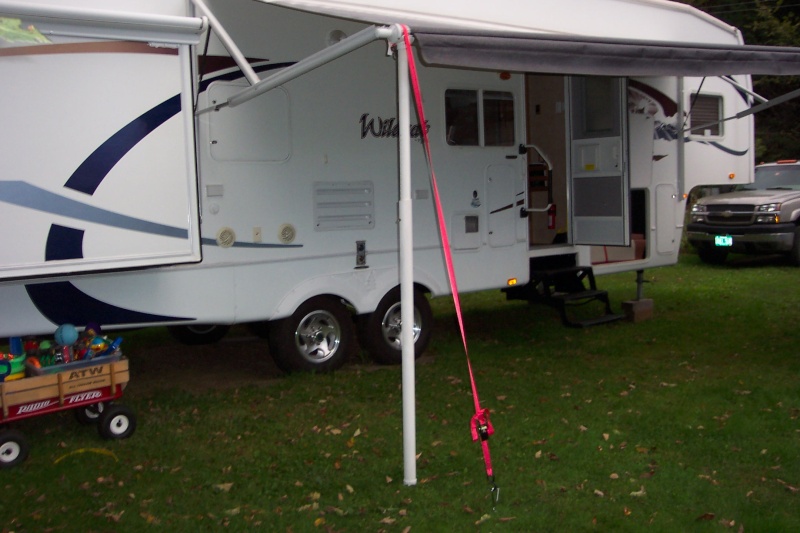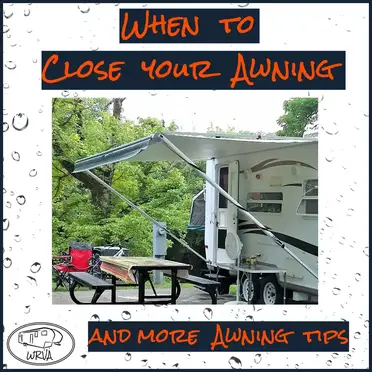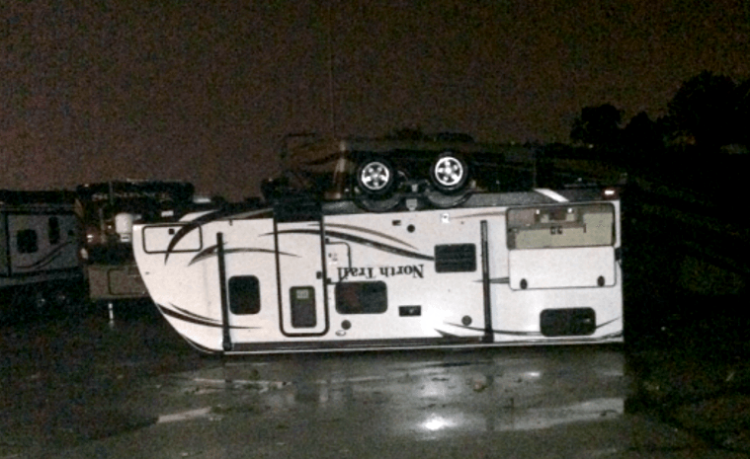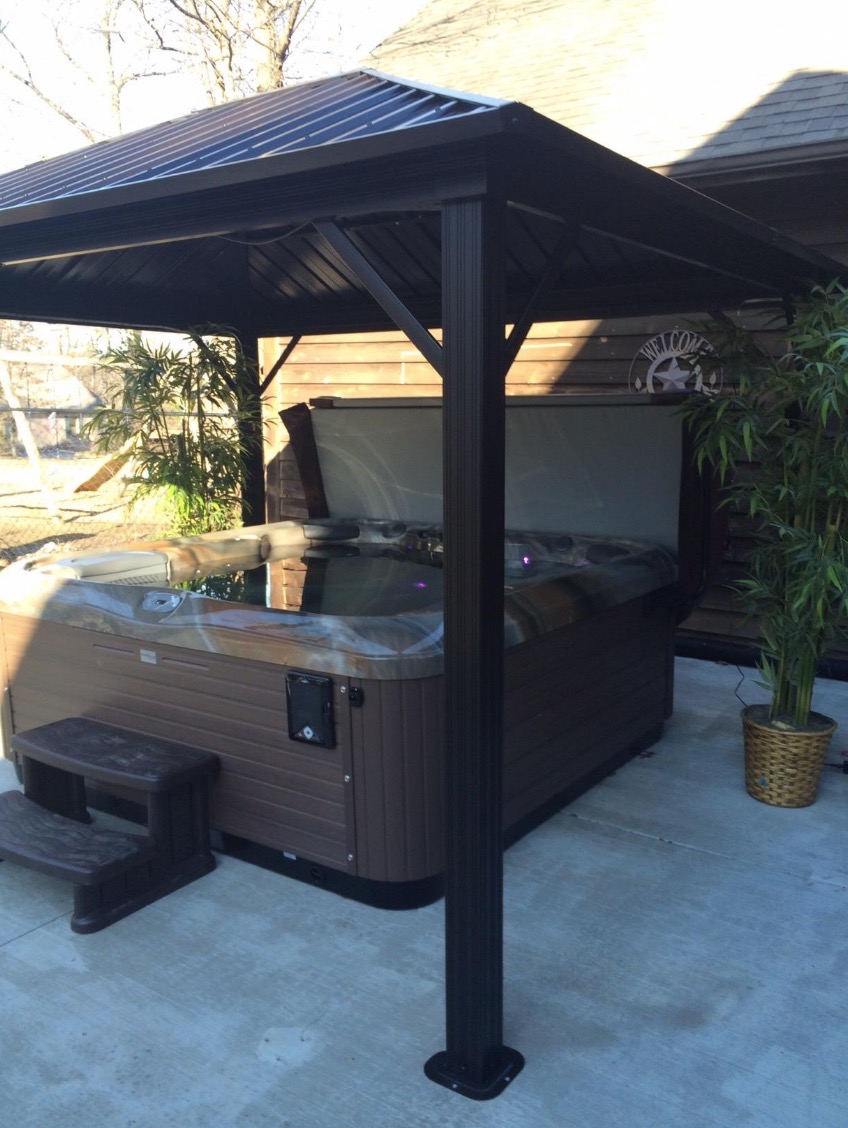Awning Tie Downs Safe For Windy

The jr products 25 foot rv awning tie down design is one of the most commonly used ready made gadgets to keep an rv awning from flapping.
Awning tie downs safe for windy. They protect their awnings from wind and rain damage. We are always very cautious of the wind but many times there is just enough breeze that we choose to leave the awning in. They fit dometic a e and carefree power awning systems. It is a commercial grade awning with 280g polyester.
There are 4 wind rated classes of awnings. Models are available that extend from 5 ft to 11 ft. Tips for stowing your rv awning. This 12 camper awning tie down has been specifically designed to protect your expensive awning awning arms rafters and mounting brackets from wind damage.
They allow the awning to be tilted if desired. Another good idea is an rv awning tie down kit which secures the awning to the ground. Class 1 is rated to 12 mph beaufort 3 class 2 beaufort 5 to 24 mph and class 3 beaufort 6 to 31 mph of sustained winds. Lately i see lots of rv s using tie downs straps at each end of the extended awning.
This is our second favorite for the best wind resistant awning. I have never used tie downs on our main awning and when windy we usually retract the awning rather that worry about wind damage. I am talking maybe 20 mph wind. Stowing your rv awning for travel is just as important as securing it in place while in use.
The strap runs across the top of your awning and then drops down to the ground where it is attached by stakes and the tension spring provides the rigidity to the awning. On our old manual awning we always strapped it down. This awning is rated class 4 on the beauport scale which means it can stand up to 17 mph winds. With tie downs i am sure we would relax with ease.
Unrated or class 0 either wasn t tested or failed to withstand a sustained wind of 12 mph. Those who do this say it is a must and leave their awnings out for long periods. Just wondering if you can damage a electric awning by strapping it down. This makes it less likely to tear during strong wind.
With both items installed your awning can tolerate quite a bit more wind before it becomes destroyed. Properly installed they apply no pressure nor tension to the camper wall.
